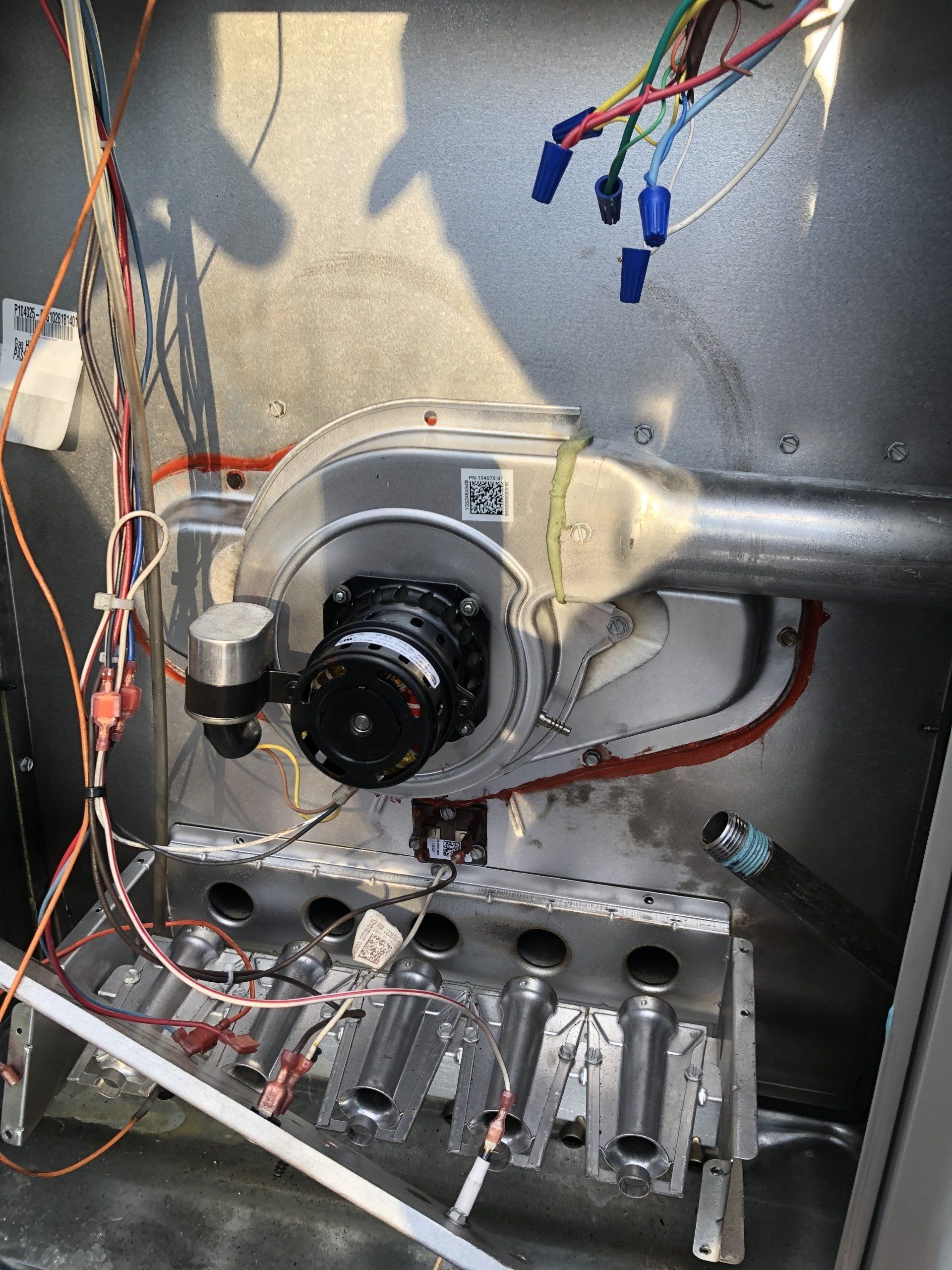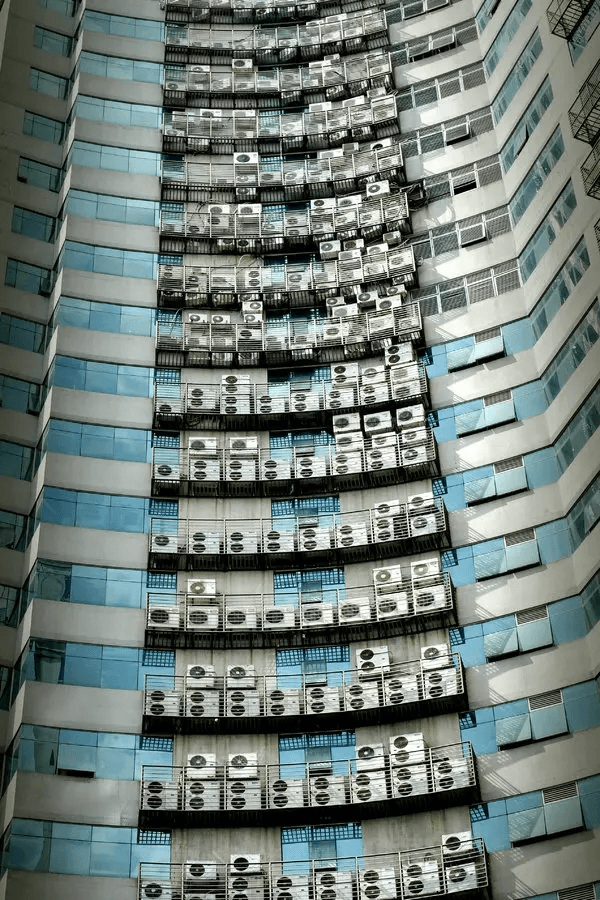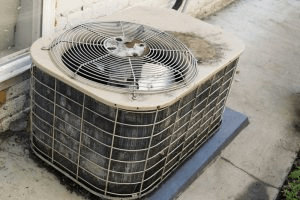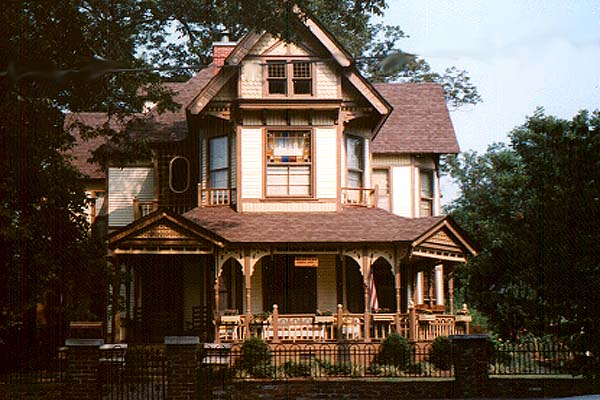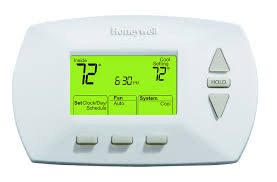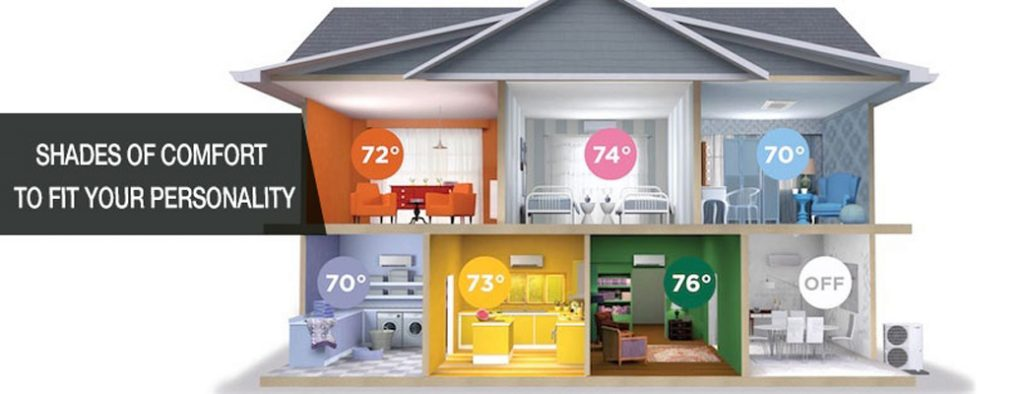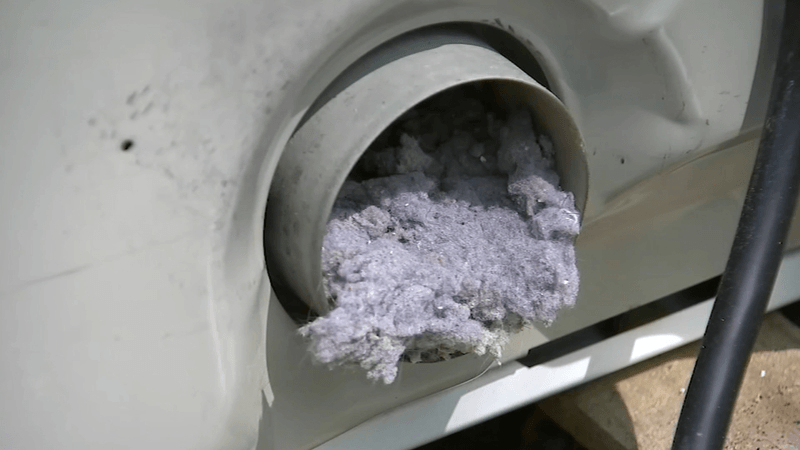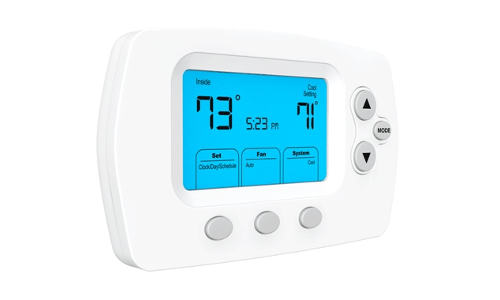The Difference Between a Good and Bad Install
When performing a HVAC system install there are a lot of very important factors that must be considered each time. Experience and knowledge of HVAC systems is highly viable when doing installs or service calls.
Understanding Combustion Safety
Carbon monoxide poisoning is every HVAC tech’s and family’s nightmare. That is why a complete understanding of how a combustion system works is essential to every technician. A bad tech will go straight to the heat exchanger and check for cracks and leaks in it when at a service call about a monoxide leak. When no cracks and leaks are found a lot of them assume it was a false alarm and not think twice. This is a HUGE mistake. A lot of the techs lack knowledge of backdrafts of combustion systems, nor do they test for it. If you're an HVAC contractor and not testing for flue gases and worst-case depressurization on these calls, you're leaving a potentially dangerous situation. A good service tech will always check these things and avoid the leaky situation all together.
Focusing on the Airflow of a System
The duct system of a unit is so essential, and this is where most technicians falter. It is essential because it is the pathway in which all of your airflow from the unit comes. A good tech will make sure that no leaks are detected in your duct system as well as, ensuring that your duct system is fully sealed to the unit. Sealing the ductwork is not the only important thing that pertains to ductwork. You also want your duct system to require the least amount of ducting as possible. Think about it like you’re walking down a football field, the best route to get across the field is forward, not in a zigzag motion. The more ductwork you have the less air efficiency you are reaching. (refer to the pictures below) A bad duct system will almost always result in completely replacing it all due to leaks and inefficient airflow.
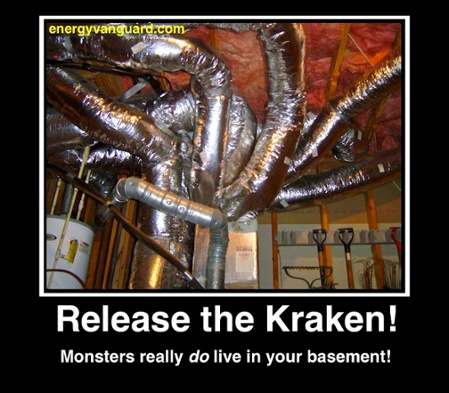
Bad Duct

Good Duct
Ignoring Unit Performance and Efficiency
A good service tech can go into a customers home and spot poor insulation duct work and sealing. A good tech will share with the customer what they need to do in order to achieve maximum system efficiency. Think about it like this why replace the transmission on your car when your engine isn’t working. Same concept. If you replace a unit and you still have all these other issues in your system, you are shorting yourself of energy and system efficiency. A good tech will inform the customer of these issues and make more money for his company and for the customer by saving them on energy efficiency.
Forgetting About Ventilation
New homes are very tight in their ventilation, and building codes are more strict than ever before. A good tech will do blower door test to verify air tightness. Tight homes need mechanical ventilation, and all homes need spot ventilation in kitchens and bathrooms. A good tech knows the essentials of ventilation which include; positive pressure, negative pressure, and balanced. They will also make sure to measure the airflow in the system.
Math of a System
The knowledge of math in a system is important. Heat gain and heat loss calculations, air flow of the system, exhaust calculation outputs, these are some of the very important calculations that have to be made in your system. A good tech has the knowledge and tools in order to calculate these things. Ignorance of this knowledge is one of the biggest issues in the HVAC field. Because of this ignorance not all contractors are created equal keep that in mind.
Bottomline
Overall laziness and ignorance of a system, is the key difference between a good and bad tech. A good tech will always choose the most efficient path regardless of what it takes. They don’t take shortcuts and they don’t stop until the job is completed correctly.
Here at A-Plus Comfort LLC we don’t believe in shortcuts. We strive to bring you the most professional and efficient service possible. Curious about our work or pricing? Contact one of our techs today at (256) 585-2550.

